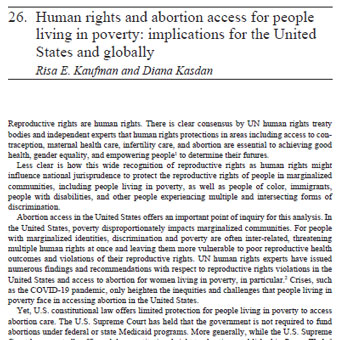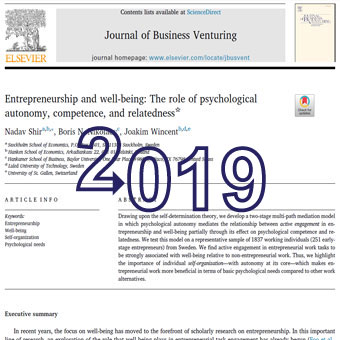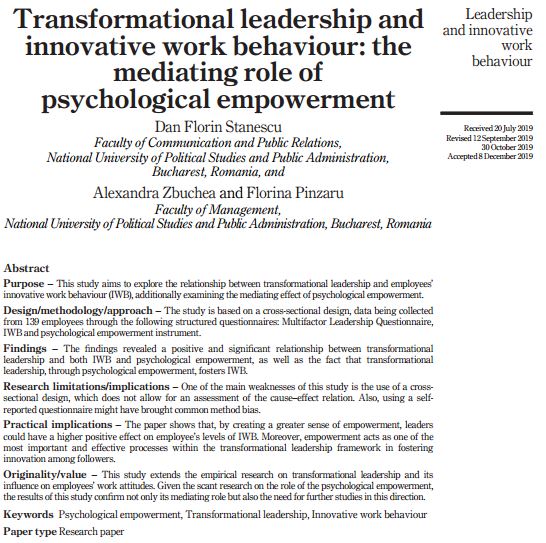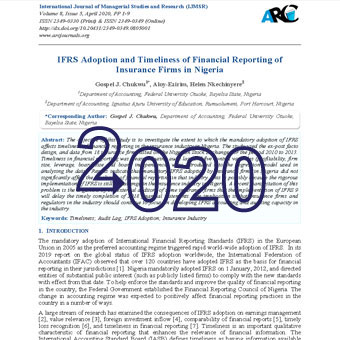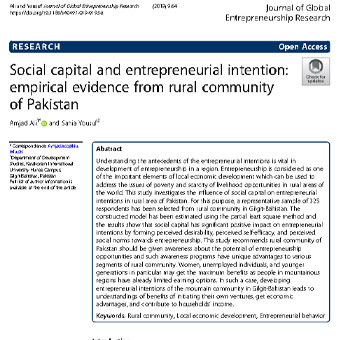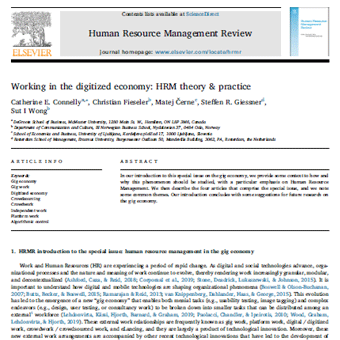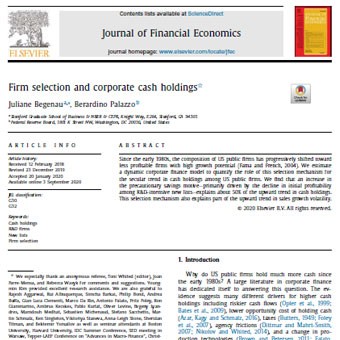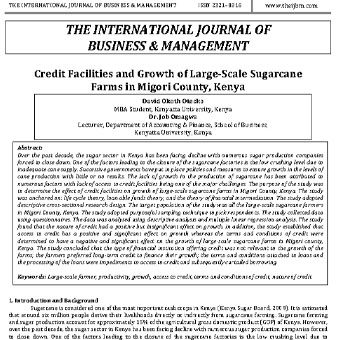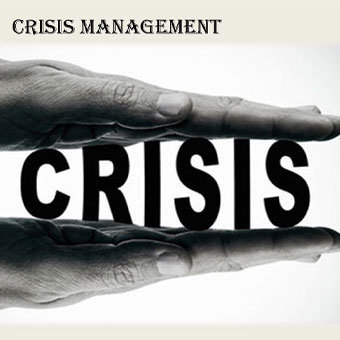عنوان فارسی مقاله:حقوق بشر و دسترسی به سقط جنین برای افرادی که در فقر زندگی میکنند: پیامدهایی برای ایالات متحده و جهان
چکیده
حق باروری یکی از حقوق بشر است. بین نهادهای معاهده حقوق بشر سازمان ملل متحد و کارشناسان مستقل اجماع واضحی وجود دارد که حمایت از حقوق بشر در زمینههایی از جمله دسترسی به پیشگیری از بارداری، مراقبتهای بهداشتی مادران، مراقبتهای ناباروری و سقط جنین برای دستیابی به سلامت خوب، برابری جنسیتی، و توانمندسازی افراد برای تعیین آینده آنها ضروری است.
مشخص نیست که چگونه این به رسمیت شناختن گسترده حقوق باروری به عنوان حقوق بشر ممکن است روی رویه قضایی ملی برای حمایت از حقوق باروری افراد در جوامع حاشیه نشین، از جمله افرادی که در فقیر زندگی میکنند، و همچنین رنگین پوستان، مهاجران، افراد دارای معلولیت، و سایر افراد تأثیر بگذارد.
دسترسی به سقط جنین در ایالات متحده یک نکته مهم تحقیق برای این تحلیل است. در ایالات متحده، فقر به طور نامتناسبی بر جوامع به حاشیه رانده شده تأثیر میگذارد. برای افراد با هویتهای به حاشیه رانده شده، تبعیض و فقر اغلب به هم مرتبط هستند و حقوق بشر را به طور همزمان تهدید میکنند و آنها را در برابر پیامدهای بد سلامت باروری و نقض حقوق باروری آسیب پذیرتر میکنند. کارشناسان حقوق بشر سازمان ملل یافتهها و توصیههای متعددی را در رابطه با نقض حقوق باروری در ایالات متحده و دسترسی به سقط جنین برای زنانی که در فقر زندگی میکنند، صادر کردهاند. افرادی که در فقر زندگی میکنند در دسترسی به سقط جنین در ایالات متحده با آن مواجه هستند.
- لینک دانلود فایل بلافاصله بعد از پرداخت وجه به نمایش در خواهد آمد.
- همچنین لینک دانلود به ایمیل شما ارسال خواهد شد به همین دلیل ایمیل خود را به دقت وارد نمایید.
- ممکن است ایمیل ارسالی به پوشه اسپم یا Bulk ایمیل شما ارسال شده باشد.
- در صورتی که به هر دلیلی موفق به دانلود فایل مورد نظر نشدید با ما تماس بگیرید.
 متن به فارسی | ترجمه مقالات و متون علمی | ترجمه و دانلود مقالات و انواع متون علمی و ادبی و پذیرش سفارش ترجمه
متن به فارسی | ترجمه مقالات و متون علمی | ترجمه و دانلود مقالات و انواع متون علمی و ادبی و پذیرش سفارش ترجمه
